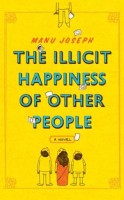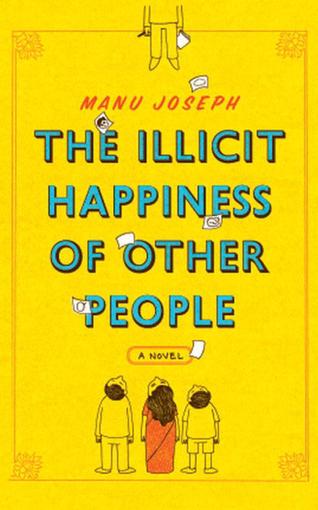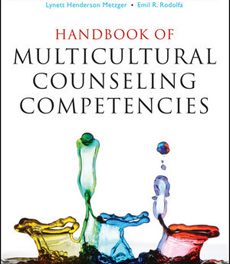 Author: Manu Joseph
Author: Manu Joseph
Publisher: W.W. Norton
Book Review by: Sonu Chandiram
Manu Joseph is a columnist for the International Herald Tribune and is editor of Open, a magazine based in New Delhi.
This is his second novel, with the first one, Serious Men, having won several awards, including the PEN Open Book Award and The Hindu Best Fiction Award.
He is also a humorist. But I think he is naturally and honestly humorous. For example, in an interview piece that appeared in The Hindu on September 18, 2012, in an answer to a question, he writes in that article: “When I was writing large parts of Serious Men, I did not even know how to write a novel.”
Wow, not knowing how to write a novel, and having it win two awards? That’s incredible! And being short listed for three other prizes? Those were, namely, the Man Asian Literary Prize, the regional Commonwealth Prize, and the Bollinger Everyman Wodehouse Prize for best comic novel.
So not having the knowledge or experience to write a novel but writing one, sort of by just instinct or feeling, makes him also luckily talented.
He is also very candid and irreverent of what others may think of him. In answer to a question about comparing the difficulty of writing the second novel as compared to his first, he remarks:
“When I wrote the first book I was younger, angrier, and just emerging from my own urban poverty. I also had a certain contempt for the artistic side of writing a novel, because I thought a lot of pretentious stuff was being passed off as literature. But by the time I wrote The Illicit Happiness of Other People, I was more confident and self-assured.
This second novel is the story of a man – Ousep Chacko – living in Madras (later named Chennai) in South India, who is tries to make sense of a tragedy – why his cartoonist son Unni had killed himself.
It is set in pre-liberation Madras, as Joseph writes: “when most young boys in the city were busy conforming – preparing for the IIT etc. – but there were also exceptions, like Unni in the book.”
The title of this novel implies that most of us are envious enough of the good fortune of our friends, relatives and neighbors that we dare to call it “illicit.” This is of course just a feeling, but it does make me (and I am quite sure, you as well) chuckle a little. Well, as they say: “live and let live.”
The overriding theme of Illicit Happiness, Manu Joseph points out, is the pointlessness of everything. He says, deprecating his work: “I feel that life is pointless, and by that logic, the novel is too…the starting point was my interest in this humor and melancholy of pointlessness.”
Obviously, with this second novel, Manu Joseph has succeeded very well – in his own humorous way – in making his point about the pointlessness of life. So, we must laugh at ourselves once in a while. No point in taking ourselves seriously all the time, right?






